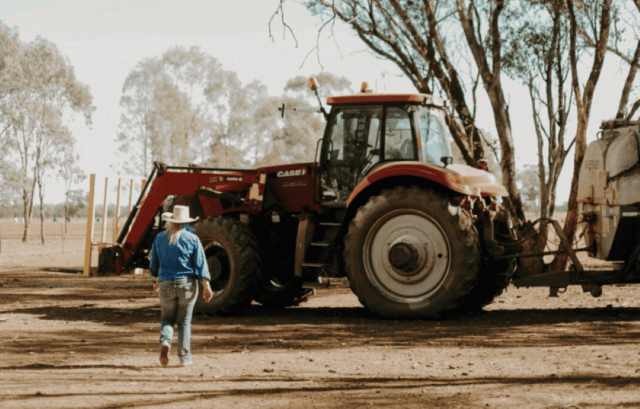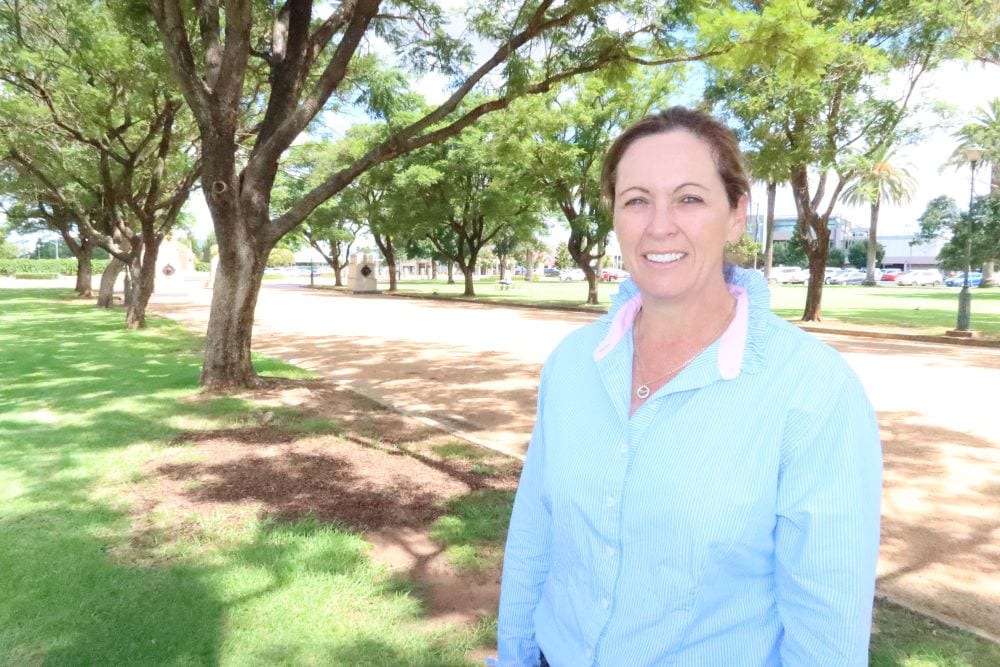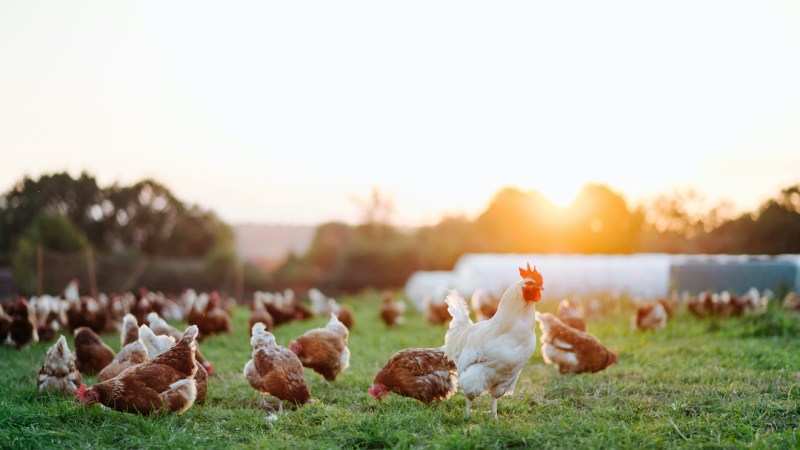NSW Farmers is inviting all farmers hit by the 2019/2020 bushfires to fill in a…
Scammers target farmers

Reports to the ACCC’s Scamwatch show Australian farm businesses lost more than $1.2 million to scammers between 1 January and 31 August 2022, an increase of more than 20 per cent compared to the same period last year.
The most common scam targeting farmers involved the sale of tractors and heavy machinery, with losses to this scam alone topping $1 million so far this year. NSW residents were most impacted with $373,487 in losses from 78 reported.
“Scammers are ruthlessly luring farmers and rural businesses with seemingly good online deals on tractors and other farm machinery through fake websites or bogus classifieds on legitimate platforms and publications,” ACCC Deputy Chair Mick Keogh said. “These scams are causing substantial financial losses and emotional devastation.”
“Scammers are highly sophisticated in the ways they impersonate a business – some fake websites have ABNs for instance – which is why we are urging farmers and business owners to be alert to the scam risks and do extra checks to avoid getting caught out.”

Scammers trick people through a range of ever-evolving methods such as providing a contract of sale, answering questions about the potential sale of machinery by phone or email, or offering a free trial period once money is deposited into an escrow account, which is actually part of the scam.
Independently verifying the existence of a business by searching the address of the business and calling a nearby business, is an important step in ensuring the seller is who they say they are.
“Many scams can be revealed by doing an internet search of the exact wording in the ad. Never click on a link provided to you by the seller or pay upfront – even if you are promised the money is refundable. Ask to pay at the time of delivery or pickup,” Mr Keogh said.
“If possible, inspect the machinery in person or via live video first. Scammers will often have an excuse as to why machinery can’t be inspected in person and that is a red flag for any buyer.”
“Scammers may advertise machinery at lower prices than the typical market rate. As always, if it looks too good to be true or if you feel pressured in any way, chances are it’s a scam,” Mr Keogh said.

Farmers are also being warned against giving too much personal information as scammers are targeting more than just money.
“Legitimate sellers will only ever ask for enough information to deliver what you’ve ordered, so it is important not to give too much personal information over the phone or online as you may fall victim to identity theft ,” Mr Keogh said.
Farmers, regardless of whether they have lost money, are encouraged to report scams and learn more about how to get help on the Scamwatch website.
Young farmers the hardest hit by scammers
Young farmers aged 25 to 34 incurred the highest total reported losses to scammers of $440,275.
NSW Farmers Rural Affairs Committee chair Deb Charlton said younger farmers were more likely to go online shopping, which accounted for more than two thirds of scam losses.
“This is a really stressful time for farmers with the terrible weather, high input costs and supermarkets trying to keep prices low, so to lose money to a scammer is just unthinkable,” Mrs Charlton said.
“We don’t know the full impact of scams because a third of victims don’t ever report it, but of the 292 reports of agriculture scams from January to August, 219 involved tractors or machinery.
“On average tractor scam victims lose more than $16,000, and young farmers from NSW are those hardest hit.”

Mrs Charlton said with online safety in the headlines, it was critical for farmers to protect themselves and their businesses.
“If it’s too cheap it’s probably too good to be true, so always do your research and take your time if you’re buying online,” she said. “We’ve also heard about fake invoice scams costing farmers more than $320,000 this year, so make sure you double check details even on invoices you’re expecting.
“At the end of the day there are crooks out there trying to take your hard-earned cash, so take a little extra precaution and stay safe.”
Australian agriculture is a also a prime target for cyber attacks. Read more here.








